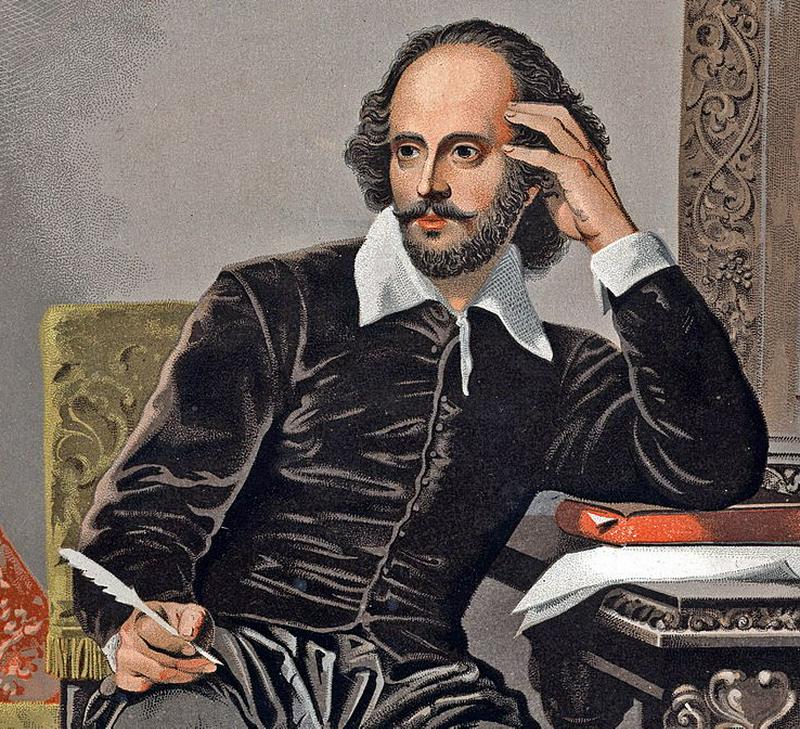Shakespeare's Children: Tracing The Bard's Family Tree
By | March 1, 2022

Considering the volume and significance of William Shakespeare's work, it's easy to overlook his status as a family man. Just like many other middle-aged men, Shakespeare had a wife and children he hoped would carry on his legacy. But these were perilous times, and between various plagues, wars, and plain old staggering infant mortality, no one was guaranteed a lasting bloodline.
Shakespeare In Love
Shakespeare was so young—just 18 years old—when he married 26-year-old Anne Hathaway in 1582 that he needed his father to approve the union. Since Hathaway was already three months pregnant, the couple also had to ask the Bishop's Court in Worcester for permission to marry quickly before the baby was born and caused more of a scandal, but the damage was already done. Some historians believe this first daughter—Susanna, baptized on May 26, 1583—wasn't Shakespeare's biological child. The name, which was taken from the Book of Daniel and associated with purity, was often given to children born "perilously close to the wrong side of marriage."

Shakespeare's Children
In 1607, Susanna married a man named John Hall. The following year, the couple had their only child, a daughter named Elizabeth, who married Thomas Nash in 1626 and then John Barnard in 1649. Neither marriage produced any children.
Nearly two years after the birth of Susanna, the Shakespeares welcomed twins, a boy named Hamnet and a girl named Judith after their dear friends, Hamnet and Judith Sadler. Hamnet Shakespeare tragically died, probably from the Plague, when he was just 11 years old, but Judith married Thomas Quiney in 1616 and gave birth to three sons. The first, named Shakespeare Quiney, died in infancy, while the remaining two died just a month apart in 1639 as young men, having never married or fathered children.

Descendants Of William Shakespeare
Shakespeare's bloodline ended with the deaths of Judith Shakespeare's last living sons, but he has numerous indirect descendants. His sister, Joan, married William Hart in the late 1590s and gave birth to four children. Mary and Michael Hart died in childhood, and the younger William Hart never fathered children, but as fate would have it, Thomas Hart had two children who had much better luck in the survival and reproductive departments. This branch of the Shakespeare family tree is active to this day.

